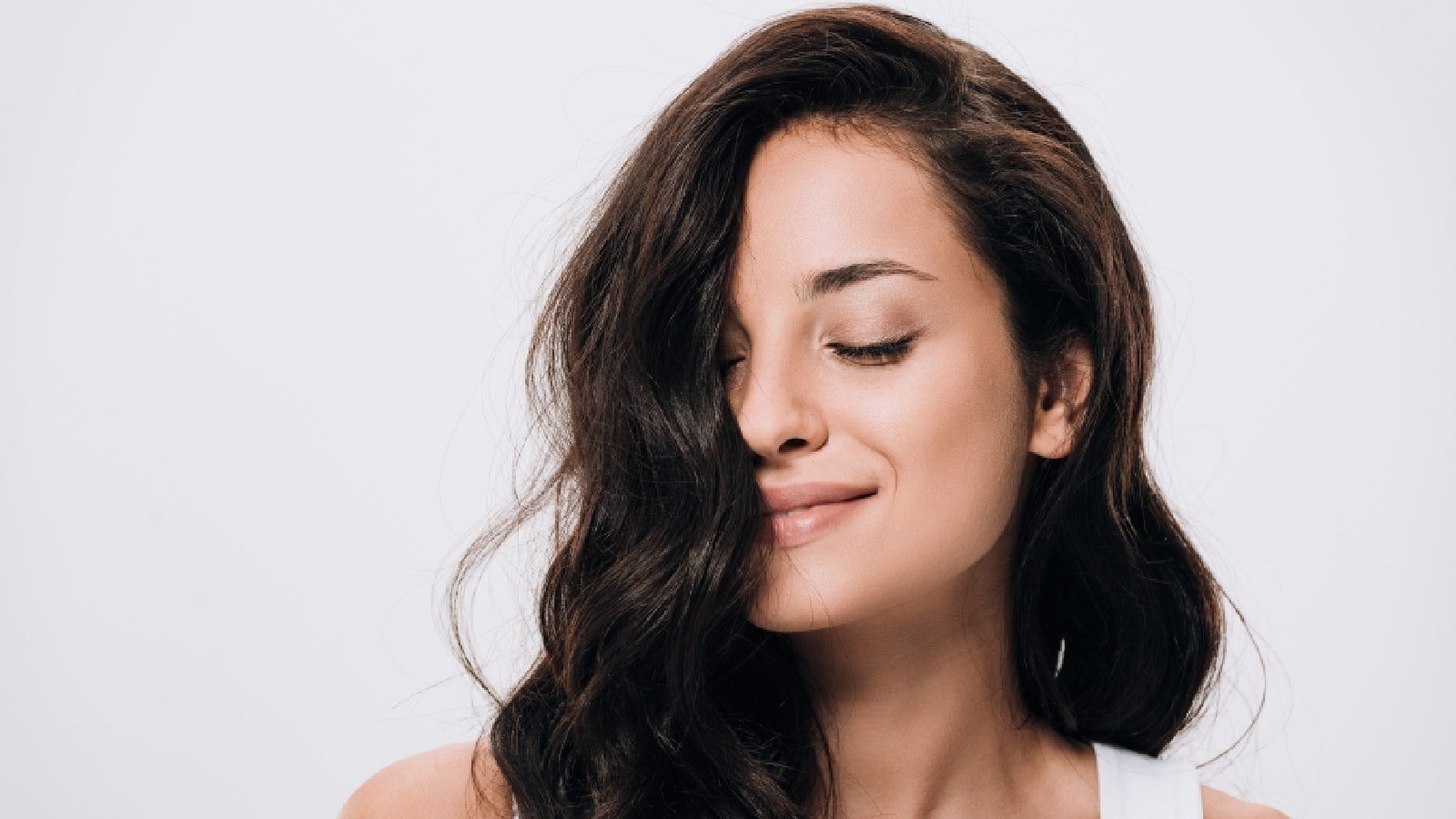7 advantages of incorporating niacinamide into your hair care routine
Niacinamide, a popular ingredient in skincare and hair care products, is known for preventing aging and treating skin conditions like acne. In hair care, it is recognized for promoting healthy hair and scalp.
Niacinamide, a widely used component in skincare items, is renowned for its ability to thwart the aging process and address skin issues like acne. Additionally, it plays a prominent role in hair care formulations like serums and shampoos, where its recognized benefits include fostering overall hair and scalp well-being. Here, we explore the positive attributes that make niacinamide beneficial for your hair.
What is niacinamide?
Niacinamide, a form of vitamin B3 and a water-soluble nutrient within the B-complex family, is recognized for its involvement in essential cellular processes. It is acknowledged for promoting skin health by diminishing wrinkles, fine lines, and addressing acne concerns.

What are the advantages of niacinamide for hair?
While niacinamide is not a direct hair growth stimulant, it is often perceived as a means to restore fullness to the hair. According to experts, it contributes to overall hair well-being by enhancing the condition of the scalp, promoting moisture retention, and improving the structure of hair strands. In essence, niacinamide indirectly fosters a conducive environment for healthy hair growth.
Here are some of its benefits:
1. Niacinamide promotes scalp well-being
Niacinamide contributes to a healthy scalp by improving blood circulation and minimizing inflammation.
2. Niacinamide enhances moisture retention
Niacinamide boosts the moisture levels in hair strands, preventing dryness and reducing the likelihood of breakage. Well-moisturized hair is more resistant to damage.
3. Niacinamide fortifies hair
By reinforcing the protein structure of hair, niacinamide plays a role in creating stronger and more resilient strands, decreasing the chances of breakage and split ends.

4. Niacinamide aids in DHT regulation
Niacinamide has the potential to regulate dihydrotestosterone (DHT), a hormone linked to hair loss, potentially minimizing hair thinning and loss.
5. Niacinamide mitigates inflammation
With its anti-inflammatory properties, niacinamide can alleviate an irritated scalp, reducing redness and itchiness commonly associated with dandruff or other scalp conditions.
6. Niacinamide improves texture
Niacinamide can enhance the overall texture of hair, leaving it smoother, shinier, and more manageable.
7. Niacinamide supports hair color protection
For individuals who color their hair, niacinamide can assist in preserving vibrancy by shielding it against environmental damage.
Potential adverse effects of employing niacinamide for hair

Niacinamide is generally considered safe for topical use, and side effects are rare. However, in some cases, individuals may experience mild reactions. Possible side effects of using niacinamide for hair may include:
1. Allergic Reactions
Some people may be allergic to niacinamide, leading to skin irritation, redness, or itching.
2. Dryness or Flakiness
In rare instances, excessive use of niacinamide may lead to dryness or flakiness of the scalp.
3. Burning or Tingling Sensation
A small number of individuals may experience a mild burning or tingling sensation upon application.
It’s essential to perform a patch test before using niacinamide products extensively and to follow the recommended usage instructions. If any adverse reactions occur, it’s advisable to discontinue use and consult with a healthcare professional or dermatologist. Additionally, pregnant or breastfeeding individuals should consult with their healthcare provider before incorporating new skincare or haircare products.





































